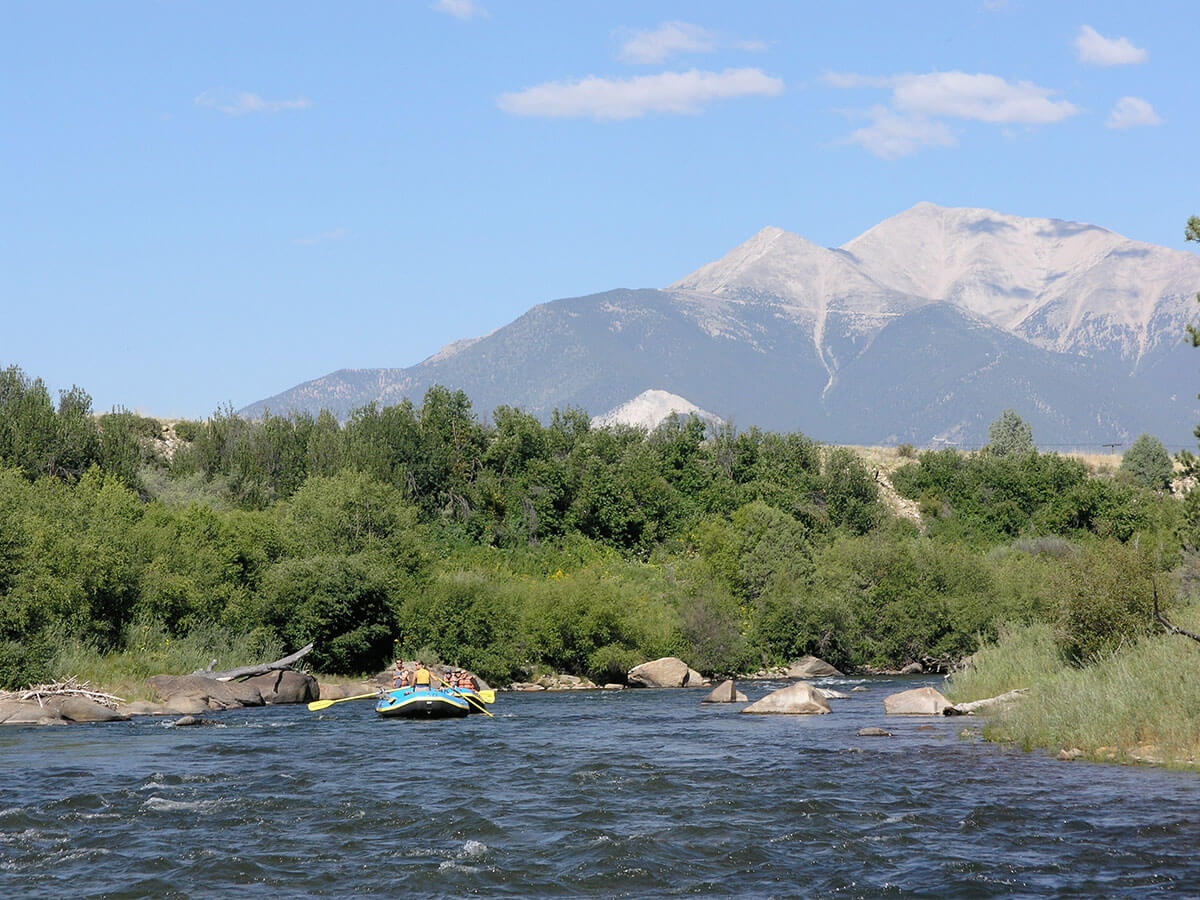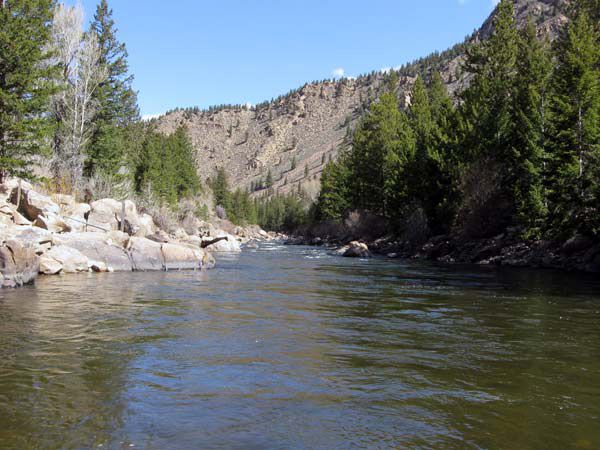Arkansas River

The Arkansas River, with its meandering course through the heartland of America, is more than a waterway; it is a cultural conduit that has shaped the identity and heritage of the regions it touches. Join us on a journey to understand why the Arkansas River is not just a geographical feature but a vital thread in the intricate fabric of cultural history.
Introduction: The Arkansas River – A Cultural Lifeline
Before we embark on our cultural exploration, let’s set the stage for understanding the significance of the Arkansas River, a lifeline that has sustained communities and cultures for generations. It is an important Mississippi River tributary.
Indigenous Roots: The River as a Living Entity
Native American Tribes:
Explore the deep connection between the Arkansas River and Native American tribes such as the Osage, Quapaw, and Wichita. Understand how the river was more than a source of sustenance; it was a spiritual and cultural anchor for these communities.
Trade and Exchange:
Delve into the historical importance of the Arkansas as a trade route, fostering cultural exchange among indigenous tribes. Discover how the river facilitated the sharing of traditions, goods, and knowledge.
Colonial Era: Pioneers and the Frontier Spirit
Exploration and Settlement:
Trace the footsteps of European explorers and pioneers as they navigated the Arkansas, leaving an indelible mark on its cultural landscape. Understand how the river became a gateway to the American frontier.
Fort Smith and the Frontier Heritage:
Explore the cultural significance of Fort Smith, a historic outpost along the Arkansas, and its role in shaping the frontier heritage of the region.
The River in Civil War History: Conflict and Confluence
Strategic Importance:

Uncover the strategic importance of the Arkansas during the Civil War. Learn about key battles and events that unfolded along its banks, influencing the cultural narrative of the river.
Historical Landmarks:
Visit historical landmarks such as the Little Rock Arsenal, a witness to Civil War history, and understand how they contribute to the cultural identity of the Arkansas River.
Cultural Expressions: Art, Music, and Literature
Artistic Inspiration:
Explore how the Arkansas River has inspired artists throughout history. From visual arts to literature, understand the creative expressions that draw from the river’s beauty and cultural resonance.
Folk Music and River Stories:
Dive into the world of folk music and storytelling that revolves around the Arkansas. Discover how local traditions and narratives have been passed down through generations.
Agriculture and the River’s Bounty: Culinary Heritage
Agricultural Practices:
Understand the historical significance of the Arkansas in shaping agricultural practices in the region. Explore how the river’s fertile plains have contributed to a unique culinary heritage.
River Cuisine:
Delight your taste buds with a journey through the culinary traditions associated with the Arkansas. From fish to crops, savor the flavors that tell a tale of cultural richness.
Modern Cultural Landscape: Festivals, Events, and Conservation
River Festivals:
Discover the vibrant festivals and events that celebrate the cultural diversity of communities along the Arkansas. From music festivals to cultural fairs, explore the modern expressions of heritage.
Conservation Efforts:
Understand the contemporary cultural importance of the Arkansas in the context of conservation efforts. Learn about initiatives that aim to preserve the river’s natural beauty and cultural significance.
Conclusion: The Flow of Culture Continues
As we conclude our exploration of why the Arkansas River is culturally important, it becomes evident that its significance is not confined to a particular era. Instead, the river continues to be a dynamic force, shaping the cultural identity of the regions it traverses. From indigenous roots to modern celebrations, the Arkansas is a cultural continuum, and its waters carry the stories of generations past, present, and those yet to come.
Know More about Arkansas River.
What are The Religious Places of Arkansas River?
When Did The Arkansas River Basin Become a Focus?
Where is The Arkansas River Located?
Who Were The Key Historical Figures and Civilizations of The Arkansas River?
How to Reach Arkansas River?




